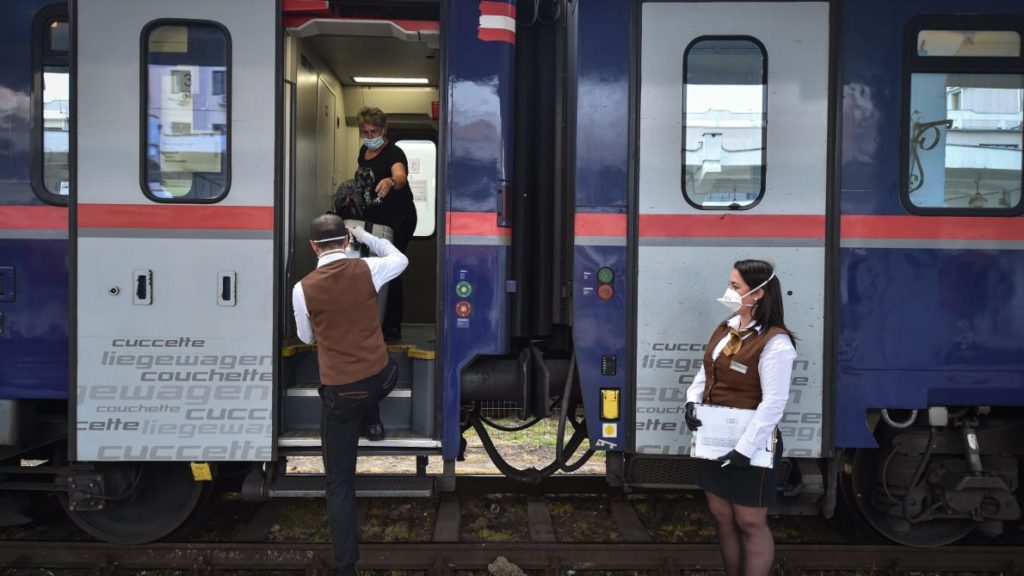After having been marginalised by low-cost airlines, European night trains are picking up steam with a renewed interest from travellers and growing concern on the environmental impact of the airline industry.
This year saw the opening of a direct connection between Brussels and Vienna. The Austrian national railway ÖBB is intending to invest in more night train lines and has just bought 20 new trains for 500 million euros. “I’ll be able to realize my dream of going to Paris,” ÖBB’s CEO Andreas Matthä told the Frankfurter Allgemeine Zeitung.
“Over the next few years we want to focus on building the night train network,” Austrian Environment Minister, Leonore Gewessler, told the Kleine Zeitung newspaper. “We want to strengthen this pioneering role.”
Sweden has also decided to invest more in night trains, and is preparing the direct daily routes between Stockholm - Hamburg and Malmö-Brussels connections by summer 2022. The Malmö-Brussels trip would take eight hours, and the plan is to make the connection every night.
Policymakers throughout Europe are paying attention to market demands New Mobility reports. In France, President Emmanuel Macron announced on 14 July that he intends to “massively redevelop” night trains, as well as rail cargo transport and short lines. In May, the Swiss rail operator, SBB, also announced it was considering renewed night routes, citing market demands.
“I think there is a real expectation,” France’s state-owned SNCF Voyageurs CEO, Christophe Fanichet, told AFP, citing “a young population that is paying attention to carbon” and taking more time to travel.
The Brussels Times

